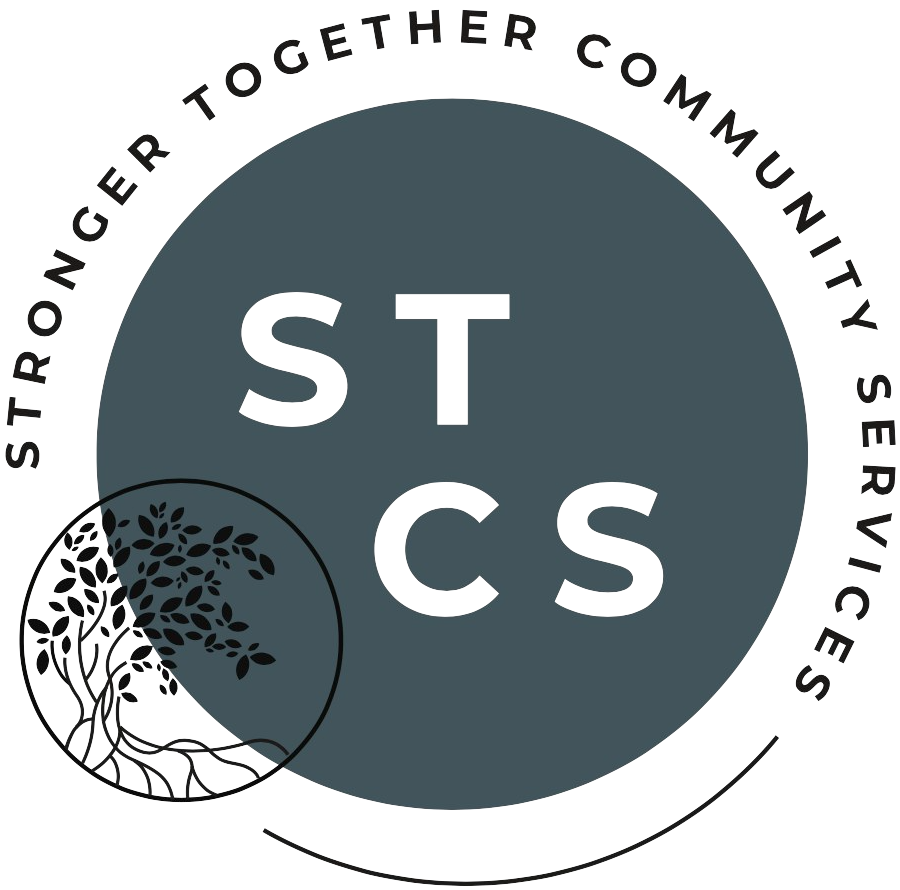STCS and its clinicians provide Individual, Relationship, Group, and Family therapy. Each of our clinicians operates under a variety of psychotherapy models and integrative approaches to individualize treatment to client(s) needs and preferences. Some of these include but are not limited to: AEDP, EFT, and EMDR.
For the names of some common therapeutic modalities incorporated by our therapists, as well as more information about them, consider the following information:
Accelerated Experiential Dynamic Psychotherapy (AEDP). This helps clients to:
- Harness their innate resilience and strength
- Unlock emotions that are blocking them from living at their fullest potential
- Heal the wounds of past traumatic experiences
- Change the way you see yourself and others, for the better!
For more information on AEDP, consider visiting the following website: https://aedpinstitute.org/about-aedp/
Emotionally Focused Therapy (EFT). This helps people in relationships to:
- Identify healthy and unhealthy patterns in your in their relationship
- Promote Accessibility, Responsiveness, and Engagement (A.R.E) within relationships
- Access underlying emotions and make requests so needs can be met
- Overcome challenges with infidelity, substance use, extended family issues, job stressors, and other commonly distressing issues that partners encounter.
- Increase overall trust, relationship security, and connection between partners
For more information on EFT, consider visiting the following website: https://iceeft.com/what-is-eft/
Eye Movement Desensitization, and Reprocessing (EMDR). This helps clients to:
- Integrate memories and past narratives to come to a cohesive understanding of your history. This can help build a stronger future through the 8 stage protocol: History Taking, Preparation, Assessment, Reprocessing, Installation, Body Scan, Closure, and Re-evaluation.
- Practice rapid eye movements and alternative tapping techniques to work through emotionally charged experiences and disturbing memories
- Utilize skills to navigate the impact of past distress (including childhood trauma, sexual assault, and physical abuse) and create healthy ways of coping with the challenges in daily life
- Recover from the lasting impact of traumatic events
For more information on EMDR, consider visiting the following website: https://www.emdr.com/what-is-emdr/


